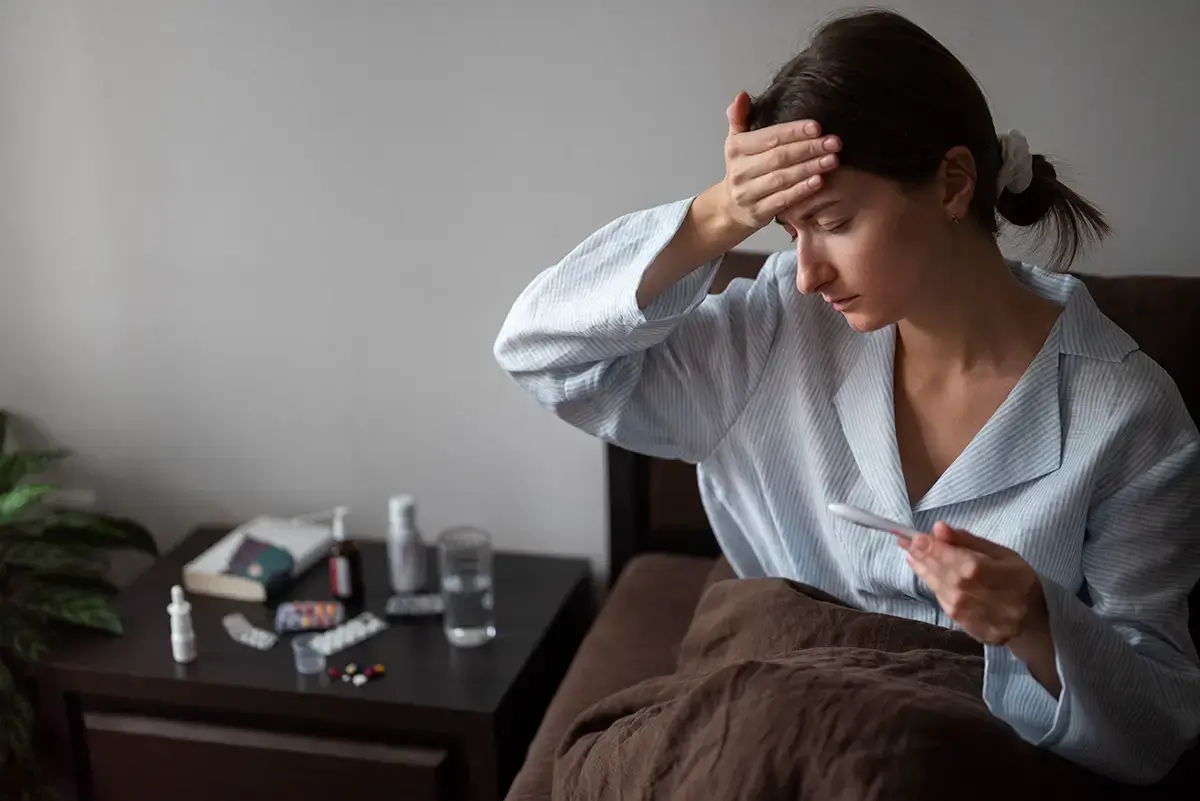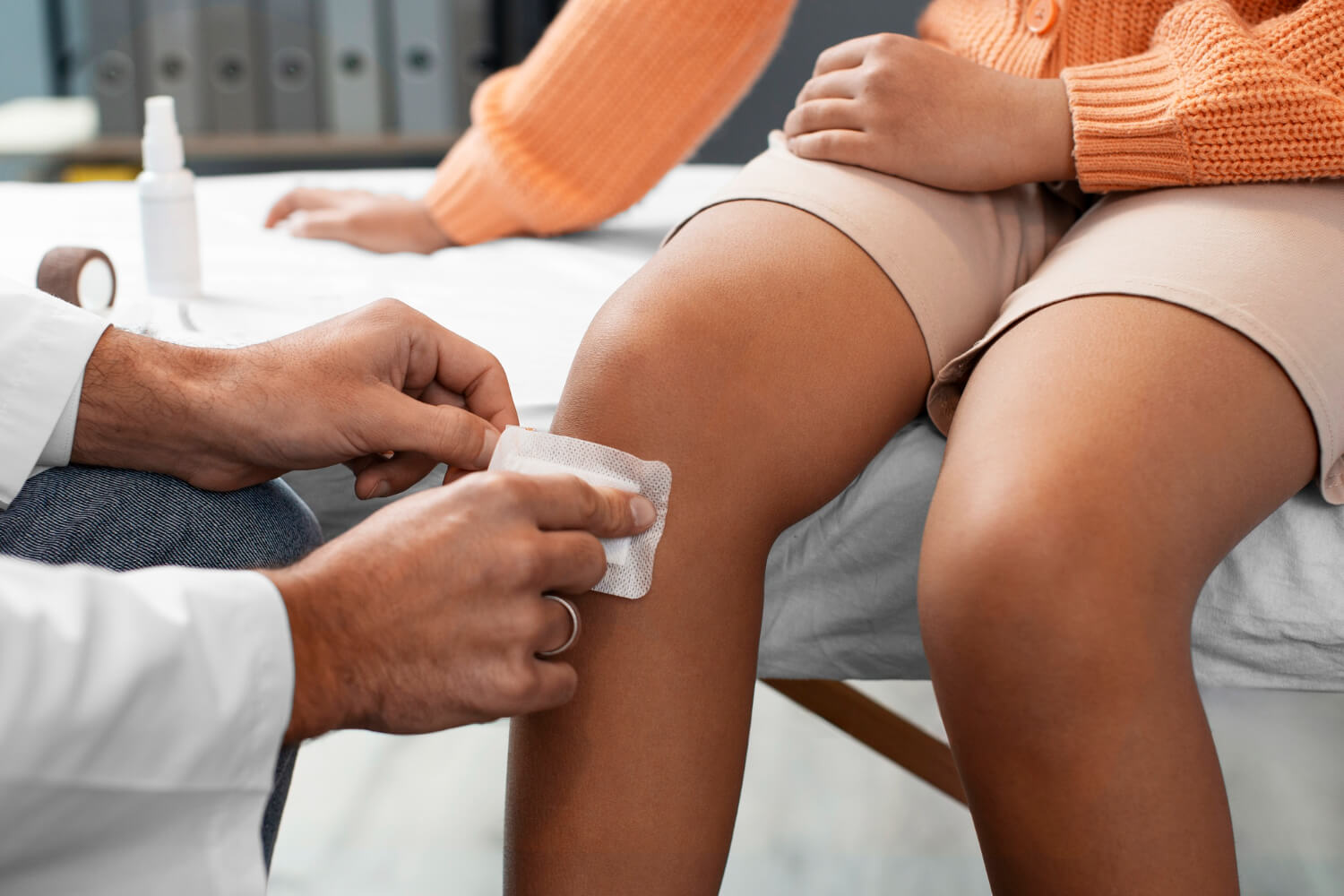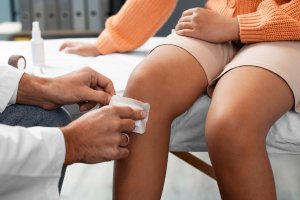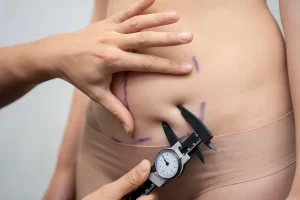Safely Return to Your Fitness Routine After Dengue Fever
Dengue Fever and Its Impact on Exercise
Dengue fever, transmitted by the Aedes aegypti mosquito, is a viral disease that can cause a variety of debilitating symptoms, including fever, muscle aches, and headaches. It can also lead to fatigue and muscle weakness, significantly impacting exercise performance.
In 2023, Brazil already had a significant number of dengue fever cases, with 1.649 million probable cases. However, the situation worsened considerably in 2024, with a 114% increase in the number of cases. By June 7, 2024, the Ministry of Health had registered more than 5.7 million probable cases of the disease, a historic record for the country.
Returning to exercise after dengue fever requires extra attention and care. It is essential to follow medical advice and respect your body’s limits to ensure a safe and gradual return to your fitness routine.
In this article, you will find important information about:
- The risks of dengue fever for exercise
- Tips for a safe return to exercise after the illness
- The importance of hydration, a balanced diet, and medical monitoring during recovery
- Guidance on staying motivated and overcoming the challenges of returning to your fitness routine
Remember:
- Dengue fever is a serious illness that can be fatal, especially if not treated properly.
- It is essential to take preventive measures to avoid mosquito bites, such as eliminating breeding grounds, using repellent, and wearing long sleeves and pants.
- If you experience any symptoms of dengue fever, seek medical attention immediately.
- Returning to exercise after dengue fever should be done with caution and under medical supervision.
With the proper precautions and care, you can safely return to your fitness routine, feeling healthy and well, and enjoying all the benefits of physical activity for your quality of life.
Tips for a Safe Return to Exercise After Dengue Fever:
1. Wait for complete symptom resolution:
The first crucial step in returning to exercise after dengue fever is to wait for the complete resolution of the disease’s symptoms, such as fever, muscle aches, headaches, nausea, and vomiting. This rest period is essential for your body to recover completely and strengthen itself for the challenges of physical activity. The rest period may vary depending on the severity of the illness, but it is generally at least one week.
2. Consult a doctor before starting exercise:
Even after your symptoms have subsided, it is essential to consult a doctor before resuming any physical activity. The doctor can assess your overall condition, check for any sequelae of the disease, and advise you on the ideal time to return to exercise, considering your medical history and the severity of your dengue fever.
3. Start slowly and gradually progress:
After receiving medical clearance, begin your workouts with caution and moderation. Opt for light activities like walking, stretching, and bodyweight exercises. Gradually increase the intensity and duration of your workouts over the weeks, always respecting your limits and listening to your body. Avoid any activity that causes pain or discomfort.
4. Prioritize low-impact activities:
In the first few weeks, prioritize low-impact activities that do not put stress on your joints and cardiovascular system, such as swimming, light cycling, and yoga. Avoid high-intensity exercises, weightlifting, and sports that require significant physical exertion, such as football, running, and basketball.
5. Stay hydrated:
Hydration is crucial throughout the dengue fever recovery process and during workouts. Drink plenty of water before, during, and after physical activity to replenish lost fluids and prevent dehydration, which can worsen fatigue and muscle weakness. Choose mineral water, coconut water, and natural juices without added sugar.
6. Eat a healthy diet:
A balanced diet rich in nutrients is essential to provide your body with the energy it needs for exercise and aid in muscle recovery. Consume fruits, vegetables, greens, lean proteins, and whole grains. Include foods high in vitamin C, such as citrus fruits, acerola cherries, and kiwis, as they help strengthen the immune system. Avoid processed, fatty, sugary foods, and alcoholic beverages.
7. Monitor your body and pay attention to signs:
It is important to be aware of your body’s signals during workouts. If you feel pain, excessive fatigue, dizziness, nausea, vomiting, or any other discomfort, stop exercising and rest. Do not push your body beyond its limits and respect the pace of your recovery.
8. Stay positive and patient:
Returning to exercise after dengue fever takes time, patience, and discipline. Maintain a positive mindset, set realistic goals, and celebrate each achievement, no matter how small. Recovery is a gradual process, and the important thing is to persist and follow medical and physical therapy advice.
9. Seek a physical therapist (optional):
A qualified physical therapist can help you create a personalized and safe exercise plan for your gradual return to physical activity. They can guide you on the most appropriate exercises for each stage of recovery, respecting your limitations and safely promoting the improvement of your fitness level.
10. Stay informed about dengue fever:
Be aware of the recommendations from the Ministry of Health and local health authorities regarding dengue fever prevention. Prevent the proliferation of the Aedes aegypti mosquito by eliminating potential breeding grounds in and around your home, using repellent, and wearing clothing that covers your skin.
Conclusion
Dengue fever can significantly affect your ability to perform physical activities. However, with proper care and by following the tips presented, you can safely and gradually return to your fitness routine. Remember to respect your body, listen to your limits, and never neglect medical follow-up. With dedication and patience, you can overcome the challenges of recovery and return to enjoying the benefits of physical activity for your health and well-being.
Remember:
- This article aims to inform and raise awareness about the risks of dengue fever and the importance of a safe return to exercise after the illness.
- The information presented here does not replace specialized medical advice. If you have any questions or need individualized guidance, consult a healthcare professional.
- Always stay updated on the latest information and recommendations regarding dengue fever by consulting official websites and reliable sources.
We hope this article has been helpful for you!
Sources:
- Ministry of Health (Brazil): https://www.gov.br/saude/pt-br/assuntos/saude-de-a-a-z/d/dengue
- Pan American Health Organization (PAHO/WHO): https://www3.paho.org/data/index.php/en/mnu-topics/indicadores-dengue-en.html
- Scientific Articles:
- Title (translated): “Prevention and control of dengue fever: A review of studies on knowledge, beliefs and practices of the population”
- Title (translated): “Aedes and dengue: Vector and disease”
- Title (translated): “Analysis of citations of Brazilian scientific production on dengue in open access”
- Other Sources:
- Virtual Health Library (BVS): https://bvsms.saude.gov.br/
- Fiocruz Portal: https://portal.fiocruz.br/
- Image by freepik














